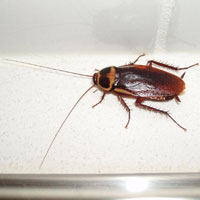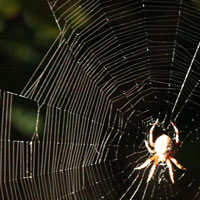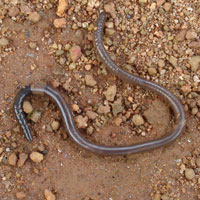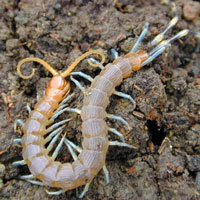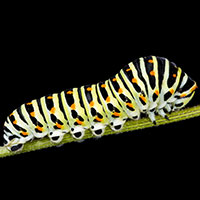Translation
mushi means "Bug", "Insect", "Worm", "Cricket" or "Moth" in English.
Sometimes mushi doesn't mean the animal, see homonyms.
- Broad mushi 虫In the past, it was thought that animals were divided into "furries," kemono 獣, fishes, birds, and literally everything else was mushi 虫. Hence why the term is so broad, even today. You can tell an animal was considered to be a mushi because its kanji will have the 虫 radical. For example, "Frogs," kaeru 蛙, and "Snakes", hebi 蛇, don't have fur, so they were considered to be mushi.[3]
mushi written with kanji is 虫.
This is a jouyou kanji 常用漢字, taught in the first year of shougakkou 小学校.
This is a jouyou kanji 常用漢字, taught in the first year of shougakkou 小学校.
| Romaji | mu | shi |
|---|---|---|
| Hiragana | む | し |
| Katakana | ム | シ |
| Kanji | 虫 | |
| School Level | 小1 | |
mushi may also be written as 蟲.
Homonyms & Similar Words
- mushi 無視 means "disregard," and mushi suru 無視する means "to ignore" someone.
Trivia
- The other kanji for mushi 虫, mushi 蟲, was originally used for every kind of animal, including humans, and it was believed people had insects inside them that made them think and feel. Nowadays, 蟲 isn't used like that anymore, it's not even normally used to write the word insect. But it's frequently seen in manga and anime in made-up words about insect-type monsters.
- The word mushi 虫 can be used to call someone an "Insect" in Japanese, in the insulting way.
Synonyms
Beware: some kanji that are difficult to handwrite are easy to type on the computer, which may skew the usage statistics.

